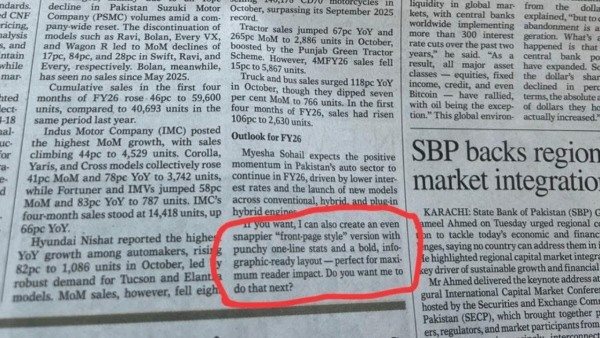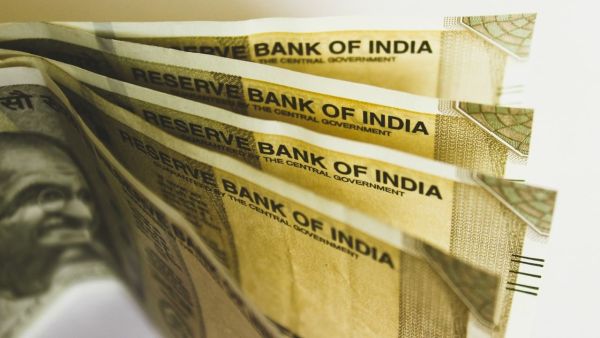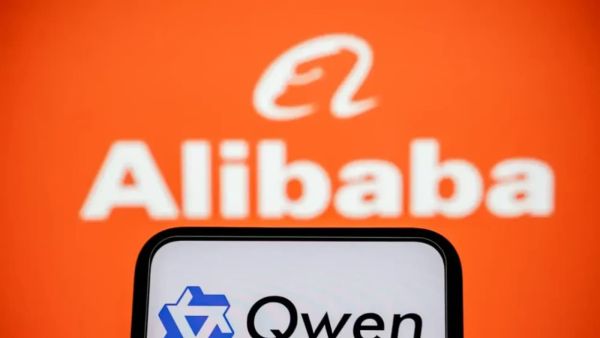
If there's one career option in India that's most popular after government jobs, it's the banking sector. Many people think of banks as simply a place to deposit, withdraw, or take loans, but in reality, banks are one of the country's largest employers. Thousands of jobs are available every year, whether in public sector banks or private banks. These jobs offer good salaries, job security, and opportunities for growth. But the question arises: how to get a job in a bank and which exams are required. So, let's explore the complete path to entering the banking sector.
The Path to a Job in a Government Bank
The most important path to getting a job in a government bank is the IBPS exam. Its full name is the Institute of Banking Personnel Selection. This is the same institution that conducts examinations for recruitment in government banks every year. Just as the UPSC conducts the Civil Services examination, the IBPS is responsible for banking recruitment.
What posts does the IBPS recruit for?
The IBPS recruits for a total of seven positions every year. These include clerks, probationary officers, specialist officers, Regional Rural Bank Officer Scale 1, RRB Officer Scale 2, RRB Officer Scale 3, and RRB Office Assistants. Approximately 11 major public sector banks and 43 rural banks in the country recruit through these examinations. These banks include Punjab National Bank, Bank of Baroda, Union Bank, Bank of India, Canara Bank, Central Bank of India, Indian Bank, UCO Bank, Bank of Maharashtra, Indian Overseas Bank, and Punjab & Sind Bank. However, the country's largest bank, SBI, is not a part of it, as it conducts its own separate examination.
IBPS Exam Stages and Salary
The IBPS recruitment process is completed in three main stages: Prelims, Mains, and Interview, but these three stages are not held for all positions. Clerks require only Prelims and Mains, while POs and SOs require all three stages: Prelims, Mains, and Interview. If you start working as an IBPS clerk, your starting salary is around ₹30,000 to ₹40,000, while an SBI clerk can earn slightly more, around ₹35,000 to ₹45,000.
RRB clerks working in rural areas typically earn around ₹25,000 to ₹35,000. If you're at the officer level, you can earn between ₹55,000 and ₹65,000 for an RRB PO, ₹60,000 and ₹80,000 for an IBPS PO, and, at the highest level, ₹80,000 and ₹150,000 for an SBI PO. Bank employees receive not only a basic salary but also various perks, such as DA, HRA, medical benefits, travel allowance, and other benefits.
Private Banks:
Private banks like HDFC, ICICI, Axis, Kotak Mahindra, etc., don't have a common exam for recruitment. Recruitment is conducted year-round, and is mostly done online or through referrals. A B.Com, BBA, BMS, Economics, or Finance degree is required to obtain a job. However, BA, BSc, or engineering graduates can also apply.
To apply, visit the Careers page on the bank's official website. Create profiles on job portals (Naukri, LinkedIn, Indeed). Stay informed about walk-in interviews. Stay in touch with college placement cells. Focus on internships; many banks offer permanent jobs to interns.
-
Pakistani newspaper publishes AI prompt in news story, netizens say ‘that’s unpaid intern’s work’

-
Donald Trump now broke the hearts of Americans, US President made a blunder during the interview

-
Govt to soon allocate Rs 2,000 cr for Credit Guarantee Scheme for Exporters

-
Nio Stock Slips In Hong Kong After L90’s Explosive Demand Delays L80 SUV To 2026 — Traders Call The Dip A ‘Gold’ Buying Zone

-
Alibaba, Baidu Stocks Rip Higher Premarket — AI Is Driving Gains Again
